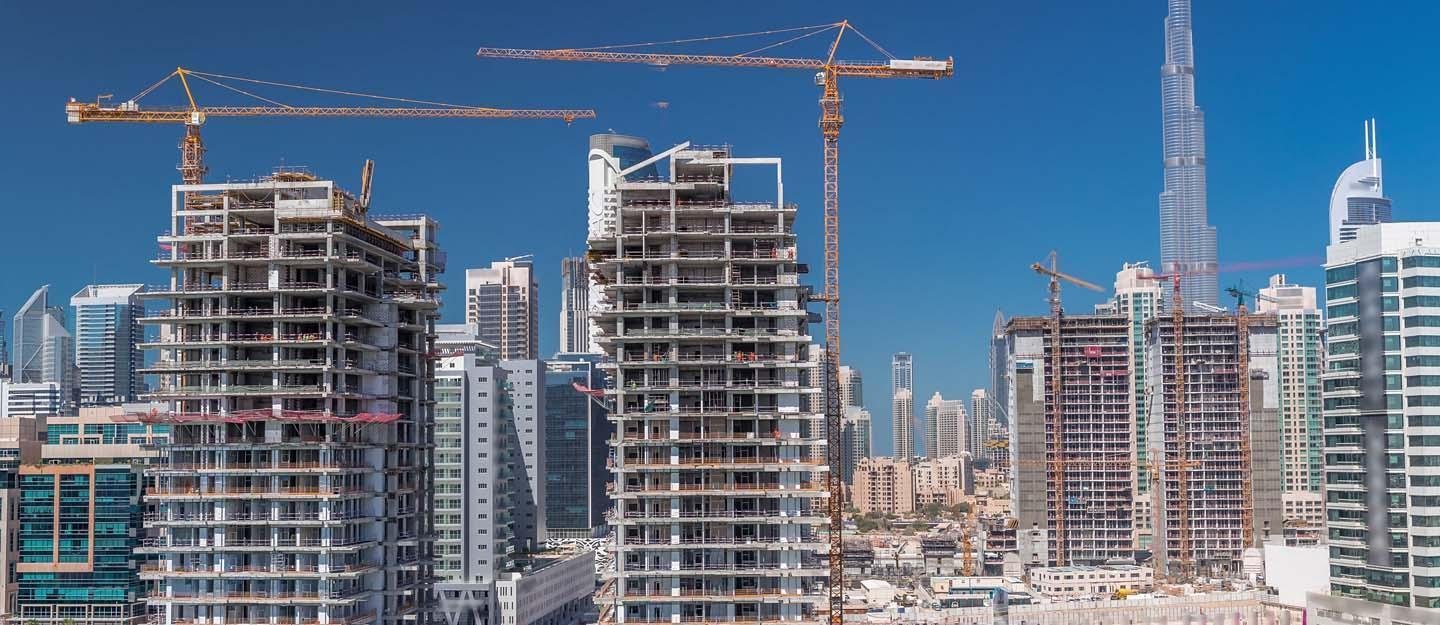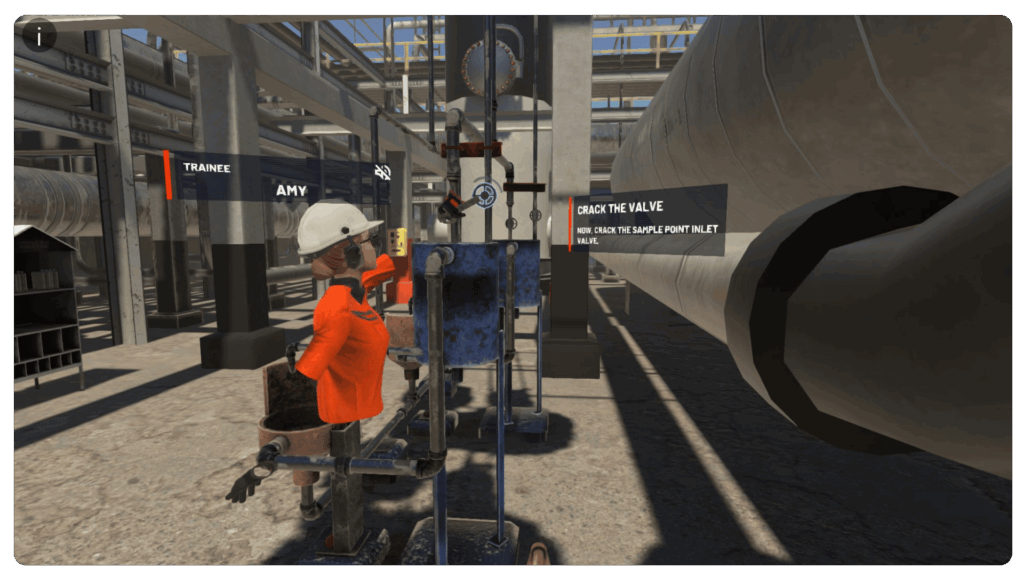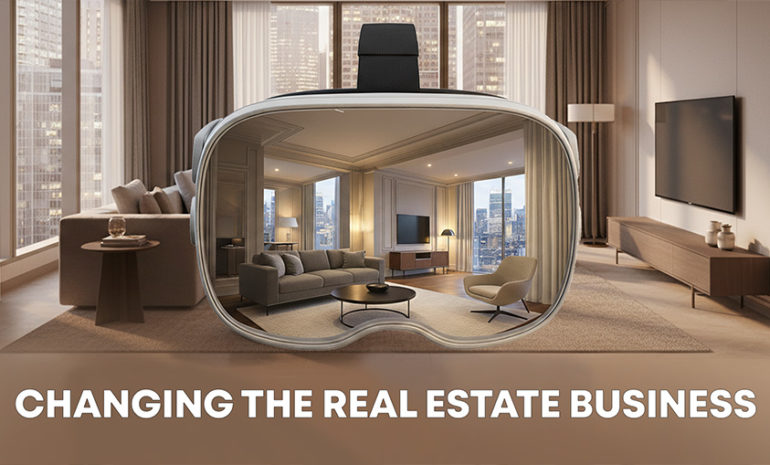For many people, Virtual Reality (VR) still conjures images of video games and entertainment. But in industries where mistakes are costly and precision is critical, VR is becoming an indispensable business tool. From corporate training to real estate development and energy operations, organizations are adopting immersive technologies to save time, cut costs, and improve decision-making.
Corporate Training — Learning Without Risk
Traditional training programs often rely on lectures, manuals, and role-playing exercises. But when employees must master complex machinery, high-stakes negotiations, or emergency responses, these methods fall short. VR changes the game by creating fully interactive, lifelike simulations where employees can learn by doing — without putting lives, equipment, or reputations at risk.
In Nigeria, forward-thinking firms are beginning to partner with immersive technology specialists such as Insightful3d Studio to create virtual training environments tailored to local industries. Whether it’s onboarding engineers for power plants, preparing managers for leadership roles, or training safety teams to respond to medical emergencies, VR provides repeatable, measurable, and cost-effective results.

Real Estate — Selling What Doesn’t Exist Yet
In real estate, imagination used to be the only bridge between concept and reality. Developers relied on blueprints, static renderings, or physical models to convince investors and buyers. VR has made that bridge far more concrete. Prospective clients can now walk through properties long before ground is broken, experiencing layouts, finishes, and lighting in real scale.
A growing wave of Nigerian innovators, including Insightful3d Studio, are delivering VR walkthroughs that help developers secure funding faster, shorten sales cycles, and avoid expensive design errors. This local expertise is reducing reliance on foreign firms while ensuring solutions are tailored to Nigeria’s unique market.

Energy Sector — Safety, Tours, and Operational Clarity
Oil, gas, and power facilities present unique operational challenges, from hazardous environments to highly specialized procedures. VR allows engineers and technicians to rehearse complex tasks without physical exposure to risk. In addition, virtual facility tours let stakeholders, regulators, and investors inspect pipelines, refineries, and offshore platforms remotely — improving transparency while cutting travel costs and downtime.
Emerging players such as Insightful3d Studio are building high-fidelity VR models of energy infrastructure, enabling Nigerian companies to train teams, streamline audits, and showcase projects to partners with unprecedented clarity.
A Common Thread — Smarter Decisions, Lower Risk
Whether it’s a boardroom exploring an office redesign, a developer pitching a multibillion-naira property, or an energy company preparing crews for offshore operations, VR helps leaders see their choices before they make them. The result: fewer surprises, faster approvals, and a significant competitive advantage.
Nigeria’s Next Leap
Globally, VR is no longer experimental — it’s a proven tool for cutting costs, boosting productivity, and enhancing client engagement. Nigerian businesses that embrace this shift early will define the future of their industries. Firms like Insightful3d Studio are proving that VR in Nigeria is not just possible, but practical, scalable, and transformative.
It’s no longer a matter of if VR fits into high-stakes industries — it’s about who will take the lead in driving its adoption.


